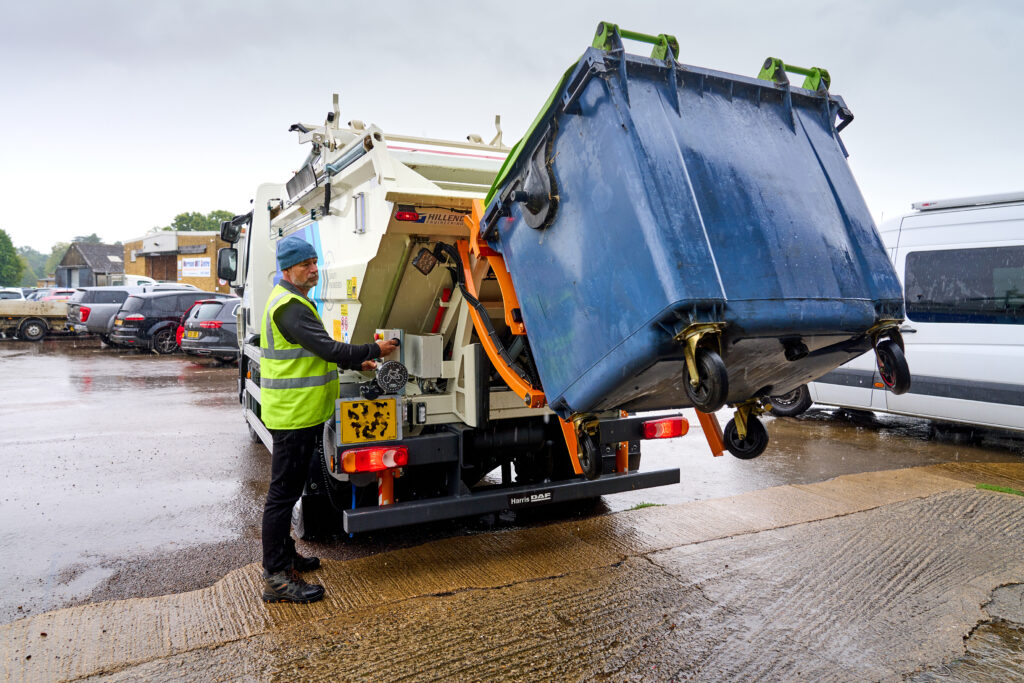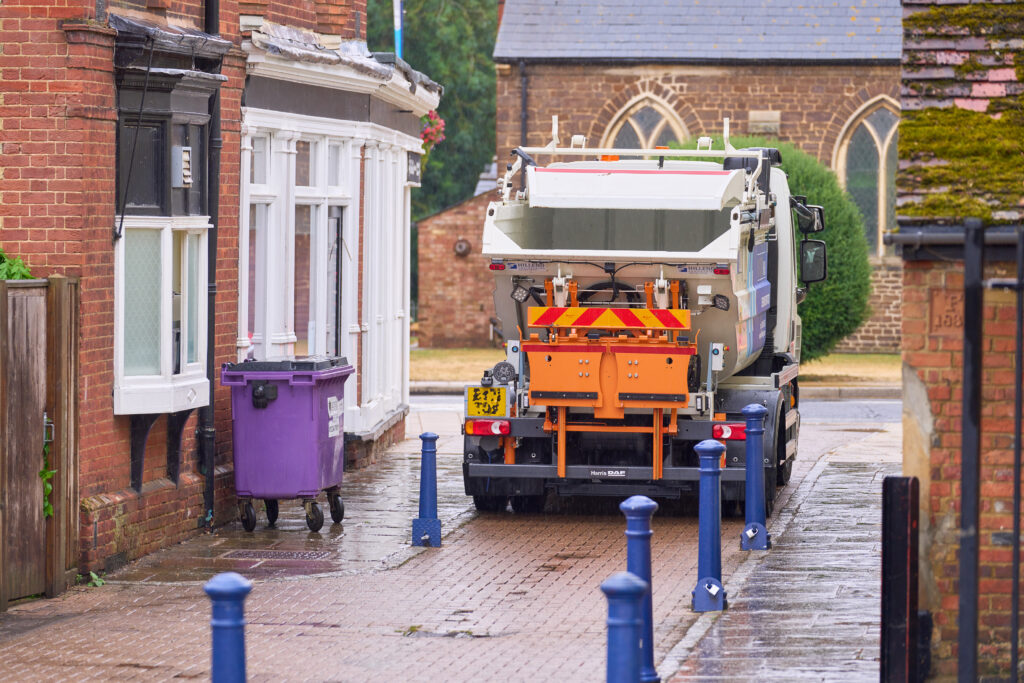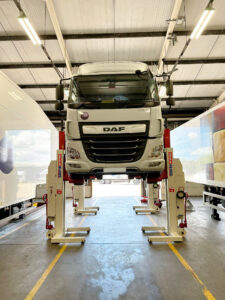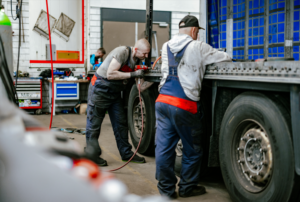Ahead of the release of the UK Government’s capital funding for food waste collection vehicles, Paul Brown, Aftersales Director for Hillend Engineering, tells FVI what the industry is doing to prepare for the implementation of the weekly food waste collections and how the company’s suite of specialist vehicles can meet the individual needs of operators.
In January, DEFRA (Department for Environment Food and Rural Affairs) wrote to all waste collection authorities in the UK, giving details of the Government’s capital funding, due to be released by 31 March 2024, supporting the procurement of containers and vehicles for the introduction of weekly food waste collections.
As a result, demand for specialist food waste vehicles is high, with DEFRA estimating that an additional 1,500 plus vehicles will be required. So it’s more important than ever for manufacturers to collaborate with customers to meet the 31 March 2026 implementation deadline of the new food waste collection requirements.
Hillend Engineering has a 50-year heritage of manufacturing refuse collection vehicles. The company has a suite of specialist food waste products working hard for local authority and private waste management customers up and down the country. In developing our 2024 upgraded products, we have worked closely with customers to identify and overcome the challenges they face in making the transition.
With such a large requirement for vehicles in a relatively short space of time, it is essential for local authorities to evaluate and differentiate products, while marrying the benefits of each with the nuances of their individual collection territories.
Our team is currently attending a series of regional local authority events, with the opportunity for customers to talk to us and gain insight into the transition, and to see our products at close quarters.
Industry collaboration
In addition to these events, there is a great deal of industry collaboration ongoing in support of local authority waste management teams, including from individual authorities that have successfully gone through the process sharing their experiences with peers. This has been exceptionally useful in meeting one of the biggest challenges, which is to predict the amount of food waste that is likely to be collected within an authority’s district, and therefore enabling the appropriate vehicle capacity to be specified.
WRAP (The Waste Resources Action Programme) has simplified the selection process for councils through the introduction of a standardised vehicle specification, based on a one-piece tipping body, at 7.5 tonnes and 12 tonnes. This is useful to procurement teams, and it’s then up to manufacturers like ourselves to provide the best-in-class products to meet collection requirements.
In addition to functionality and efficiency, the ability to introduce an electric vehicle to support local authority net-zero goals has been an important factor, and Hillend Engineering’s relationship with Electra Commercial Vehicles enables us to meet these customer needs.
An additional challenge for local authorities begins on their own doorstep, with the logistics of introducing new vehicles to their already busy working depot yards. This includes ensuring they have enough parking space and room to manoeuvre and then gearing up workshop space and manpower to maintain vehicles and keep the fleet clean. Our vehicles provide high capacity on a small footprint, which is helpful when introducing them to a busy depot.

Meeting customer needs
Our MICRO L and MICRO XHD specialist food waste vehicles have been designed and built to meet the challenges of a busy collection route. They are designed to be compact and agile to ensure they can cope with today’s busy city streets and narrow country lanes while also featuring a specialist compaction system to make the most of the over five-tonne payload.
Due to major investment at our Hillend Engineering factory in Dunfermline, including the introduction of a state-of-the-art brake press, our food waste vehicles have one-piece bodies, giving customers the reassurance of a no-leaks guarantee, which is essential when working with high liquid content.
This year sees the release of our upgraded models, with advanced electrics and proportional hydraulics. In practice, this means greater control of the bin lift and tip mechanism to provide optimum cycle speed combined with care and precision.
Customers have been surprised by the ease of operation. The controls are exceptionally straightforward to use, allowing the operator to be trained quickly and enjoy operating an efficient vehicle with minimal delays to collection rounds.
This is a new challenge for many local authorities, and great progress has been made up and down the country already. With the knowledge that Hillend Engineering can bring from supporting these customer transitions, and with total confidence in our food waste products, we are geared up and ready to meet customer procurement needs.




